Lists













13 Books
Books I need to read before I buy anymore
Sort by:
Recent Desc
More lists by Jack Commons
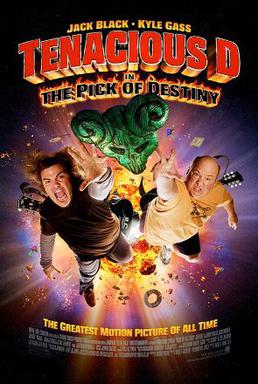


Good movies/docs
List includes: Tenacious D in the Pick of Destiny, Good Time, Free Guy
January 2023
0
@jpcom137cfcbda



Movies watchlist
List includes: Sweeney Todd: The Demon Barber of Fleet Street, Blow, Donnie Brasco
January 2023
0
@jpcom137cfcbda


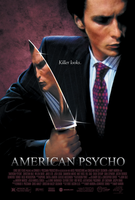
Fave movies
List includes: American History X, Snatch, American Psycho
January 2023
0
@jpcom137cfcbda
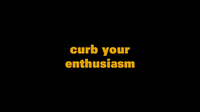


Shows watchlist
List includes: Curb Your Enthusiasm, Mad Men, Extras
June 2022
0
@jpcom137cfcbda



Good shows
List includes: Peep Show, The Inbetweeners, Invincible
May 2022
0
@jpcom137cfcbda

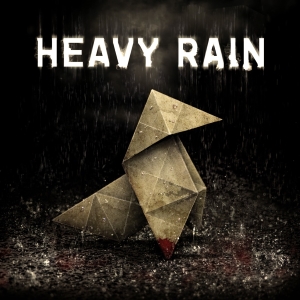

Games I own but haven't played/finished
List includes: The World Ends with You, Heavy Rain, The Legend of Zelda: The Minish Cap
May 2022
0
@jpcom137cfcbda
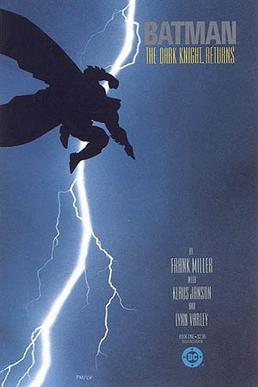

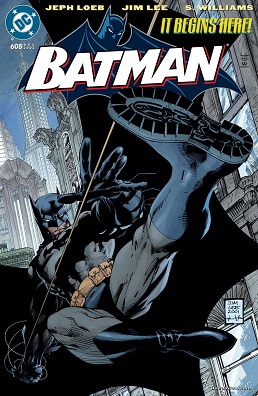
Comics
List includes: Batman: The Dark Knight Returns, Batman: The Long Halloween, Batman: Hush
May 2022
0
@jpcom137cfcbda



Recommended games
List includes: earthbound, Uncharted 4: A Thief's End, Astral Chain
May 2022
0
@jpcom137cfcbda
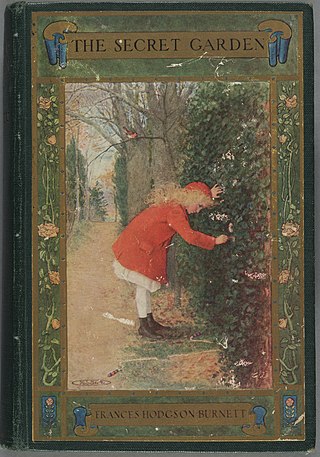

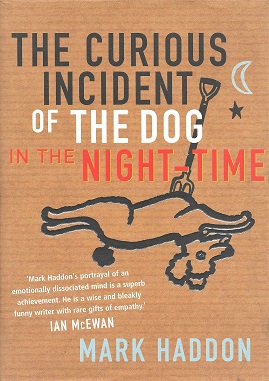
Bookie wooks
List includes: The Secret Garden, Lord of the Flies, The Curious Incident of the Dog in the Night-Time
May 2022
0
@jpcom137cfcbda